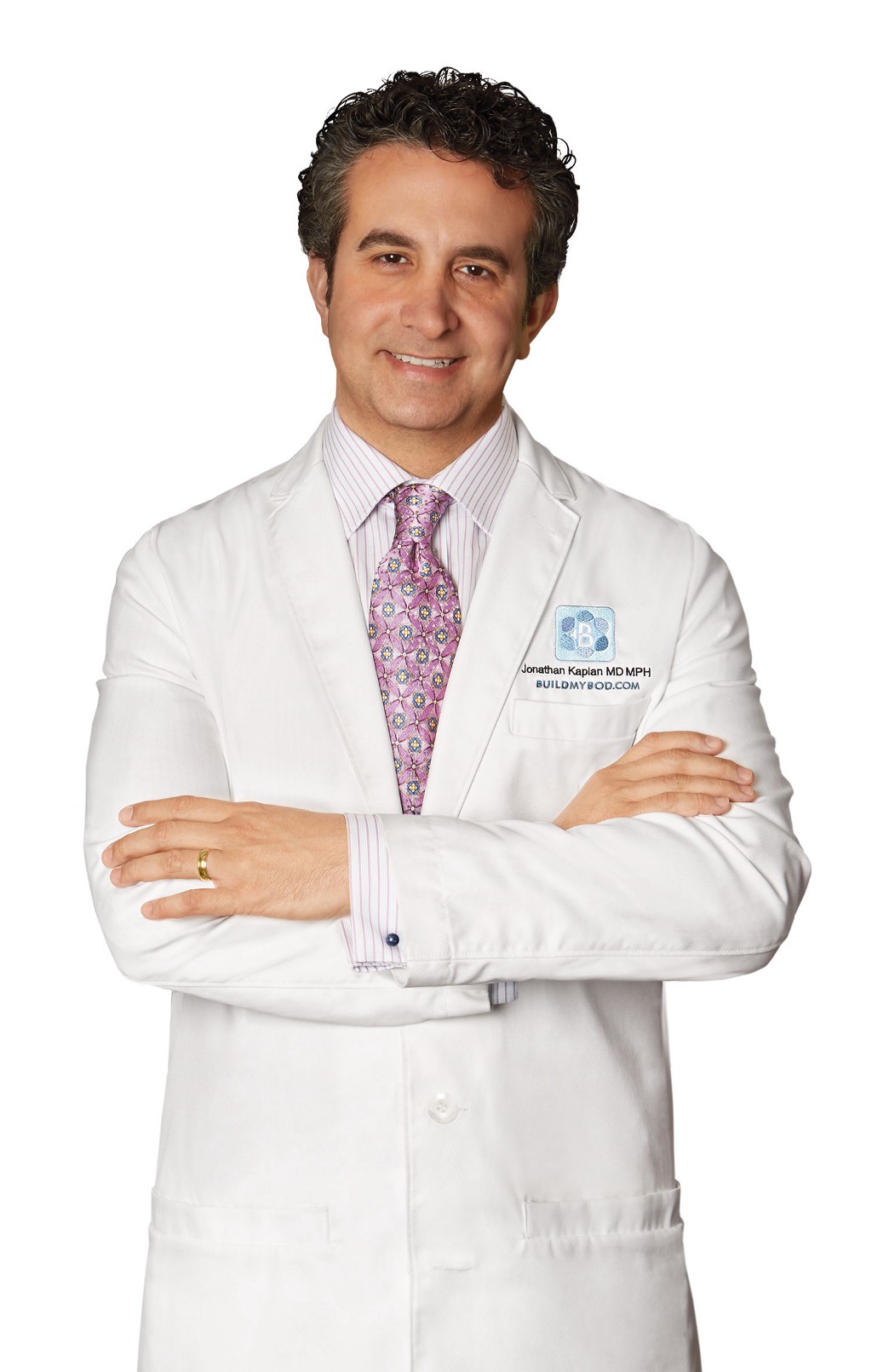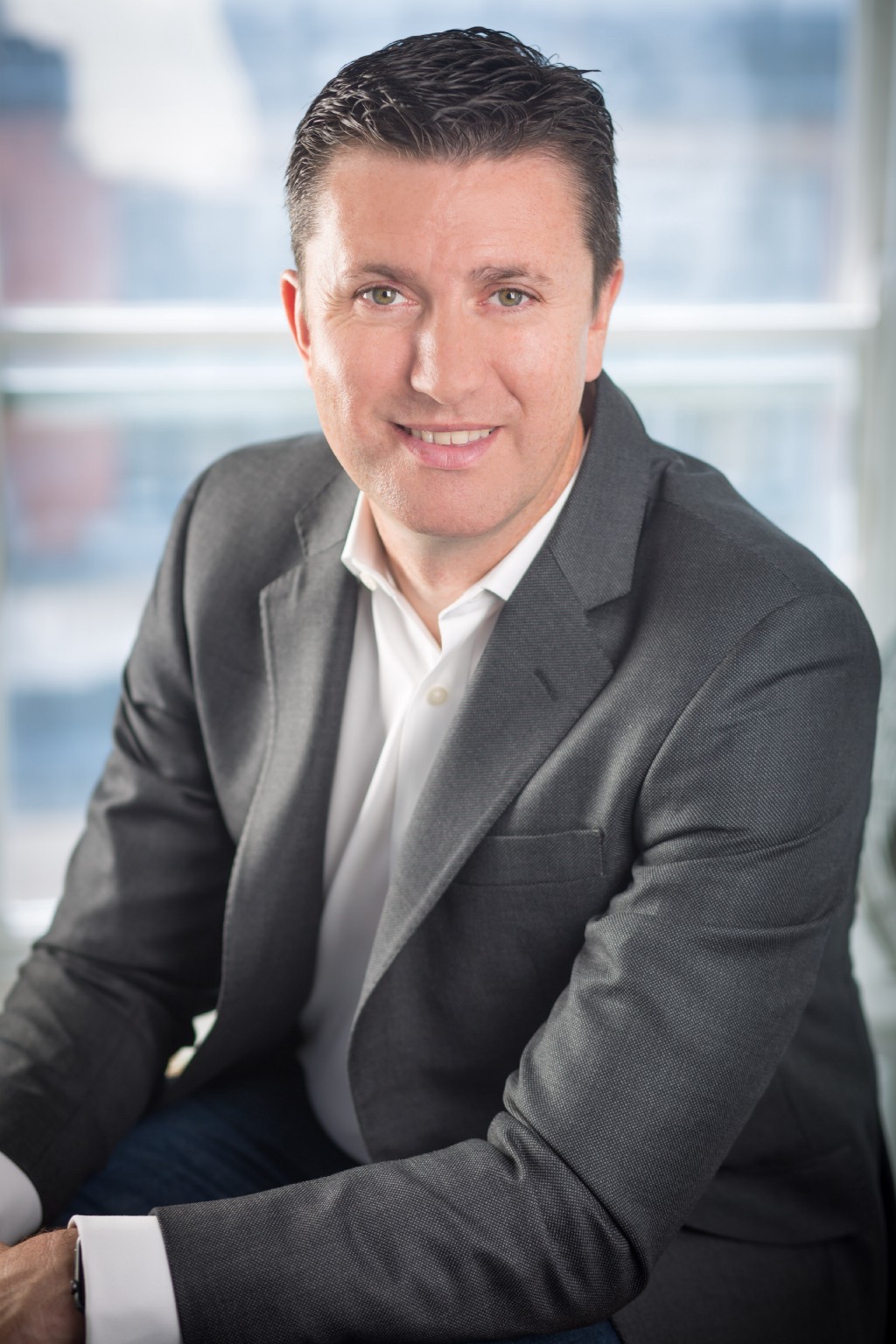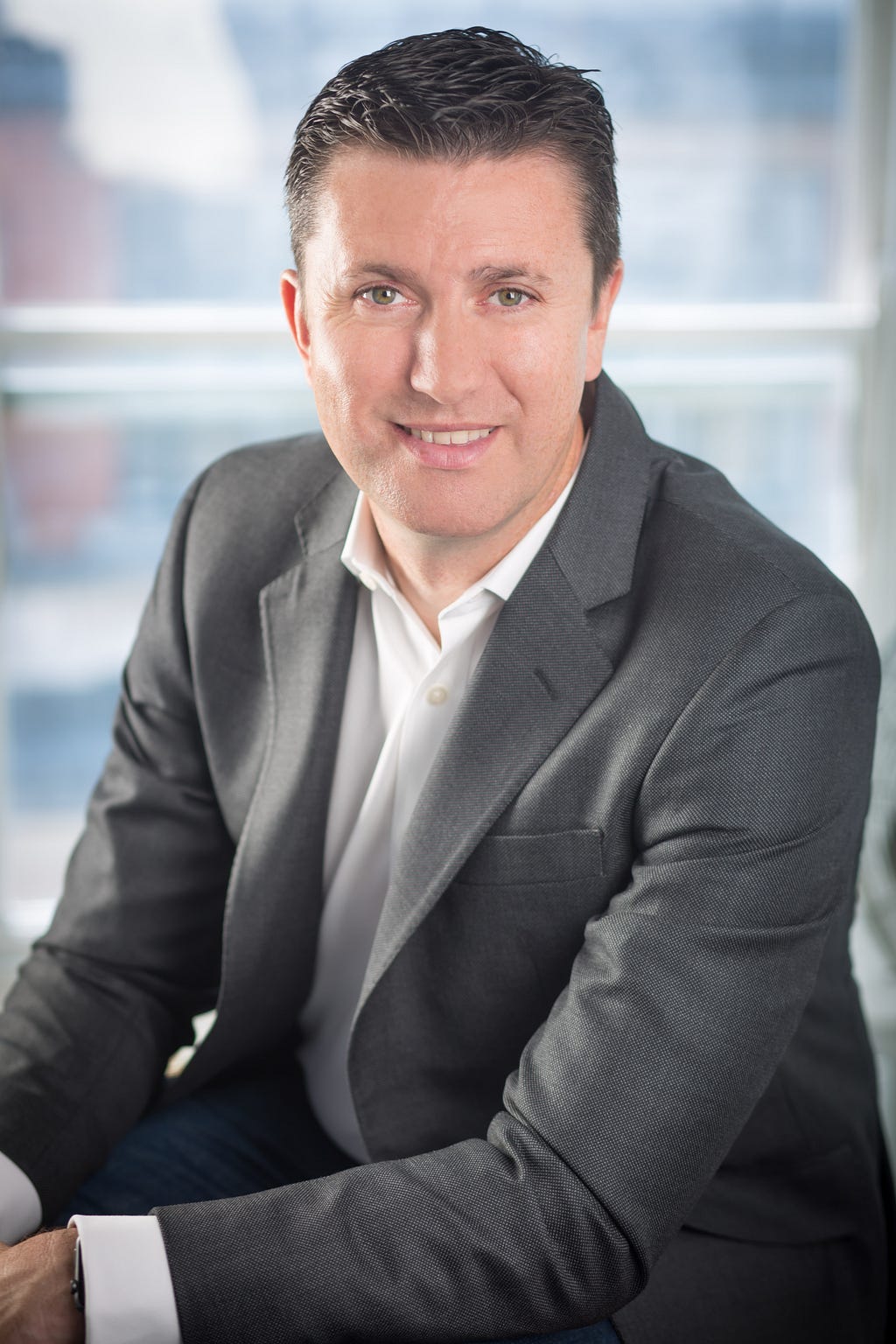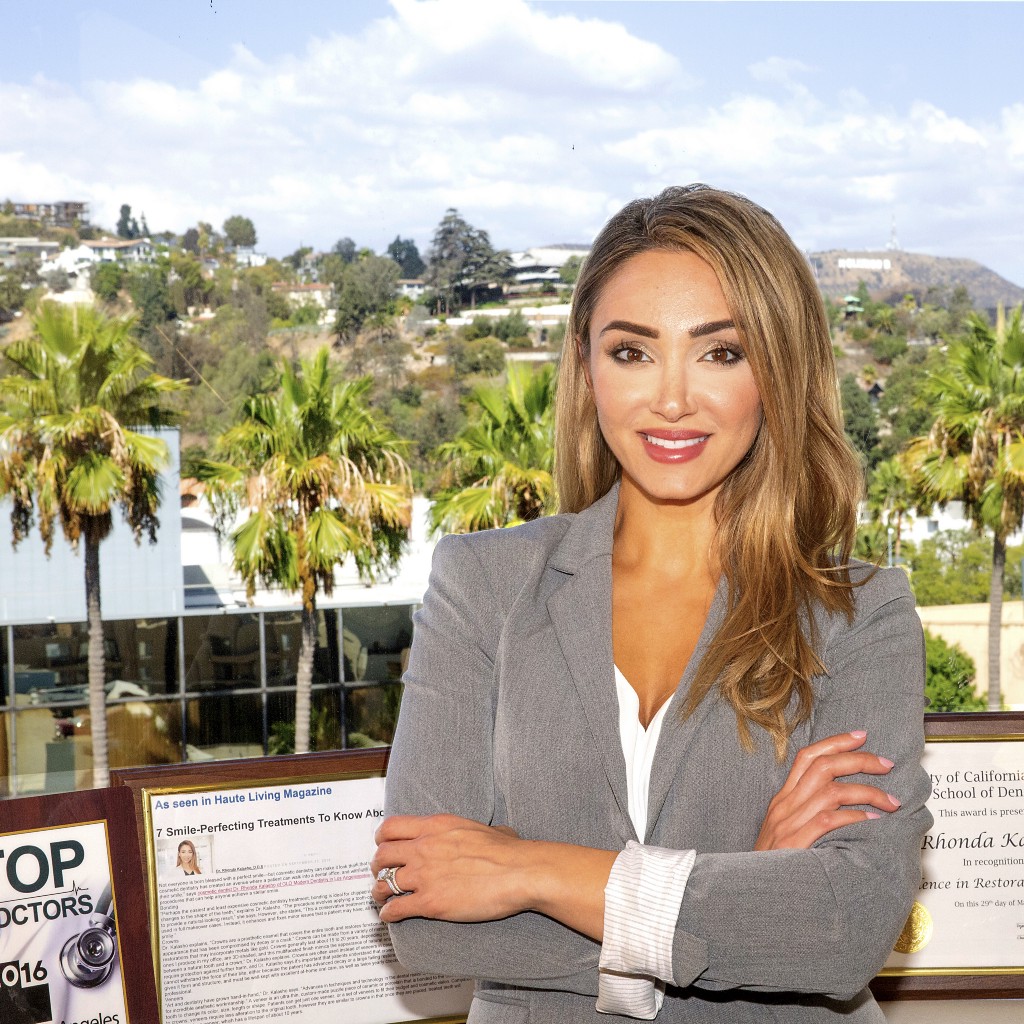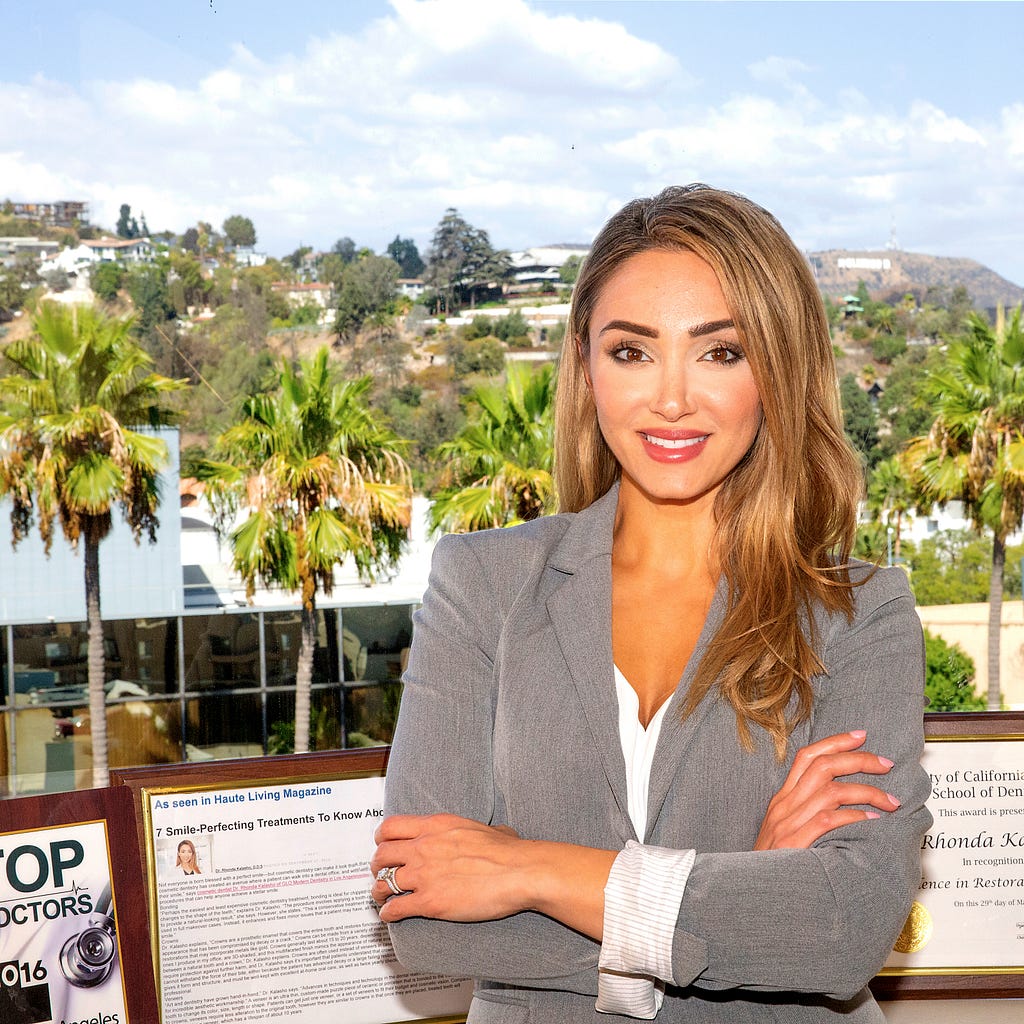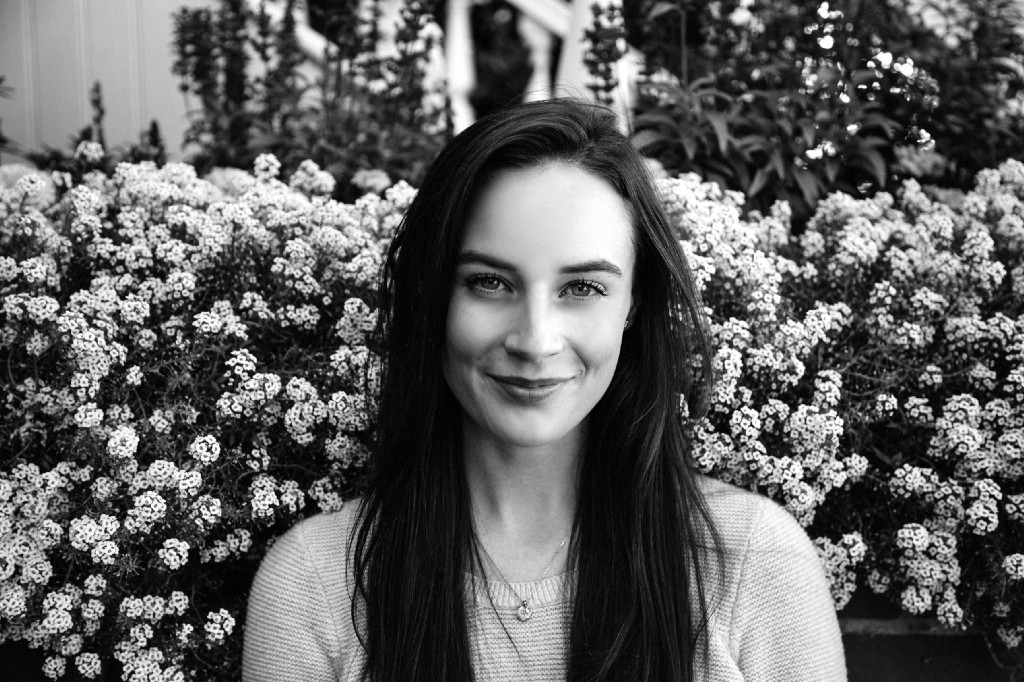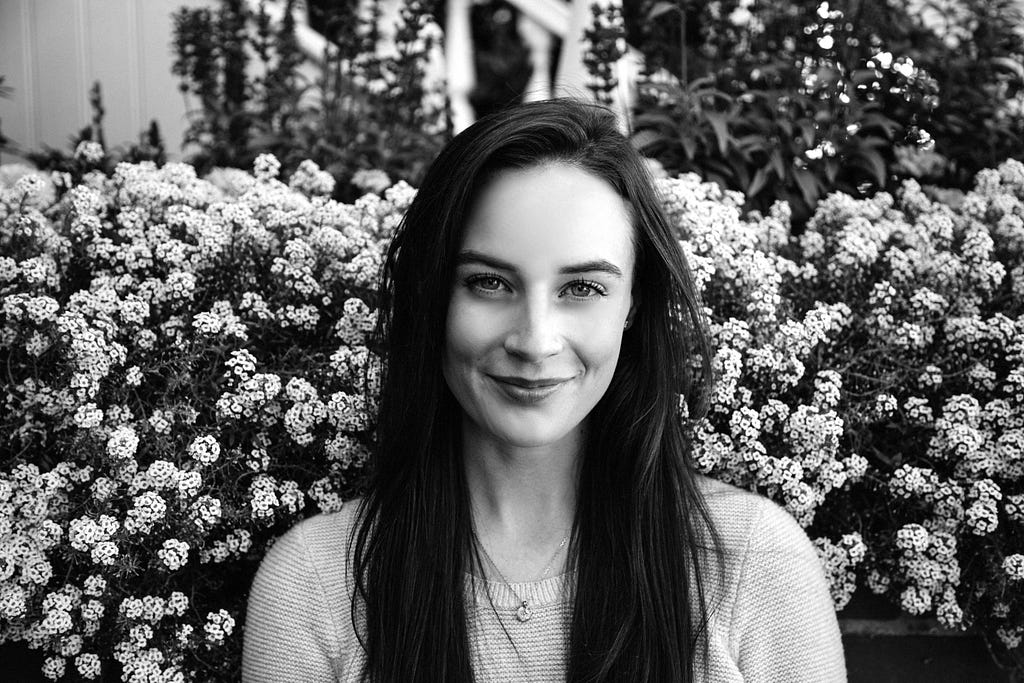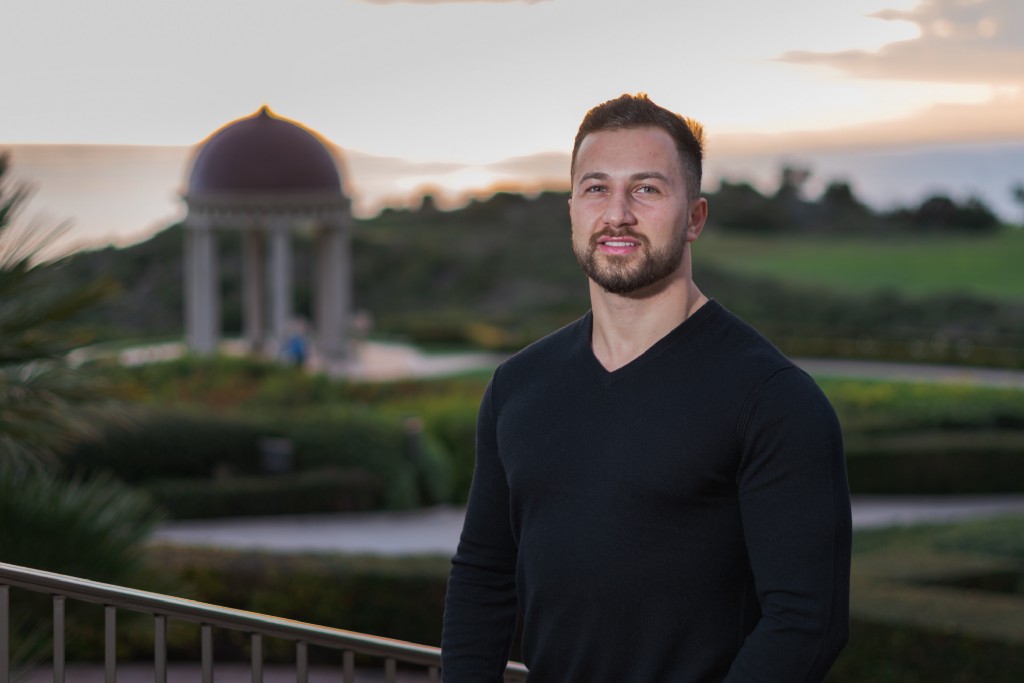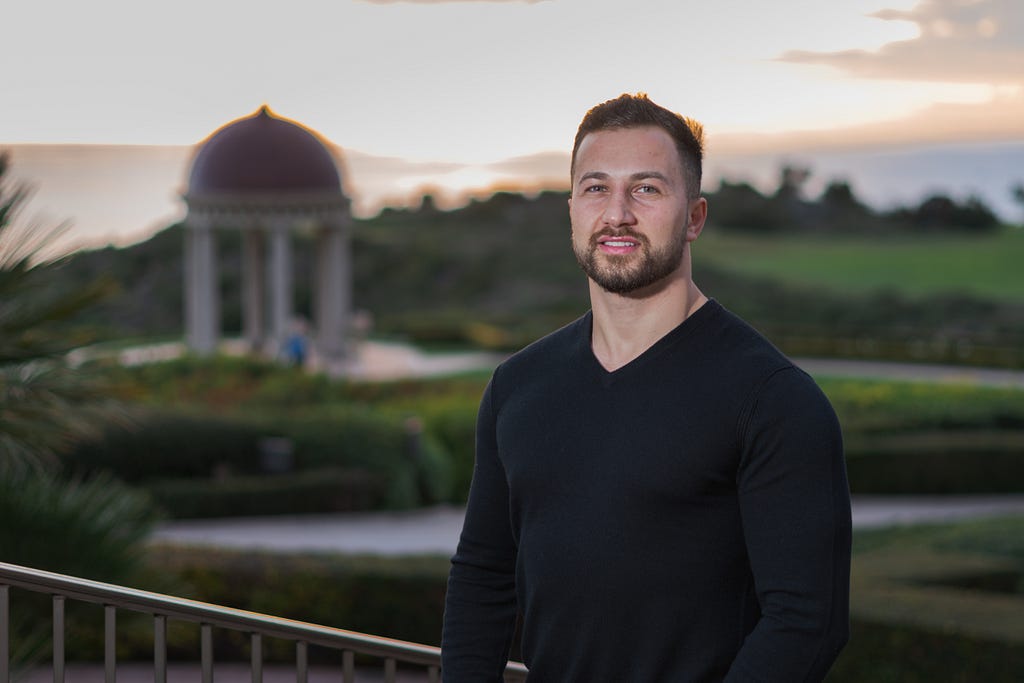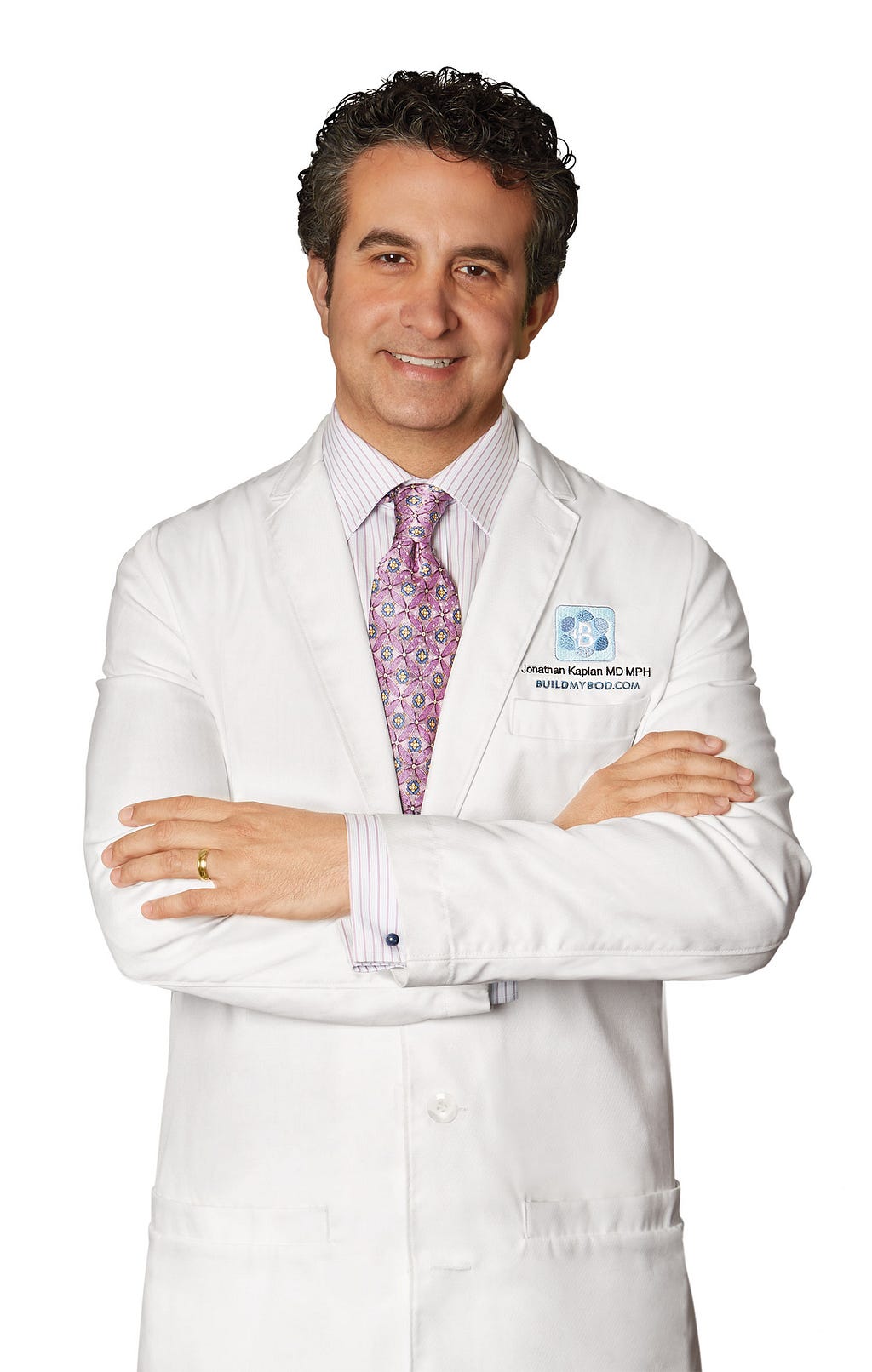
To take advantage of this new generation of younger patients that are “starting early and staying longer,” our contribution to technology in this space isn’t new devices. It’s to improve the customer service experience and capture more loyal patients. How do we do this? One of the most oft-asked questions about any cosmetic procedure (or healthcare service in general) is how much does it cost? Doctors and med spas are very reluctant to reveal price ahead of time for various reasons. My office on the other hand, allows consumers to check our prices but in a way that is mutually beneficial. They can check pricing on our Price Estimator and receive an instant, automated email estimate after they provide their contact information. So we’re combining price transparency (a huge buzzword and impetus behind a recent Executive Order) with lead generation. The consumer doesn’t have to search in vain for the price and the healthcare provider receives a lead in return!
As a part of our series about how technology will be changing the beauty industry over the next five years, I had the pleasure of interviewing… Jonathan Kaplan MD, MPH
Dr. Jonathan Kaplan is a board-certified plastic surgeon based in San Francisco, CA and founder/CEO of BuildMyBod Health, a price transparency-lead generation platform.
Thank you so much for doing this with us! Before we dive in, our readers would love to learn a bit more about you. Can you tell us a story about what brought you to this specific career path?
From the age of 11, I had the opportunity to watch my father, a general surgeon, operate in the operating room at the local hospital. During one of these trips when I was 16, I went in to watch a plastic surgeon remove a skin cancer from a patient’s leg and close the wound using skin from their wrinkly neck. When taking the skin from the neck, the surgeon made sure to do it in such a way that the final incision would be hidden within a neck crease. That’s when I knew I wanted to be a plastic surgeon — not because I saw some glamorous facelift or boob job!
Can you share the most interesting story that happened to you since you began your career?
During the beginning of my plastic surgery career, I did a lot of reconstructive surgery, before the time of social media. Now that I’ve moved from Louisiana to San Francisco to do primarily cosmetic surgery, many of the patients from my past now share and post my reconstructive work on social media! You can see an example here.
It’s just fascinating to live these experiences initially in real time, and then relive them years later in social media time!
Are you able to identify a “tipping point” in your career when you started to see success? Did you start doing anything different? Are there takeaways or lessons that others can learn from that?
Very early on in my career, I noticed patients always calling and asking about the cost of cosmetic procedures since they’re paid out of pocket. Telling the patient they had to come in for a consult to determine price was very frustrating to the patient and giving them all of the pricing information over the phone took way too much time. I figured there had to be a way to check pricing online — but there wasn’t. That’s when I had an epiphany and created a price transparency platform, BuildMyBod Health. But to make it more palatable to healthcare providers, who are reluctant to post pricing, I “linked” price transparency to lead generation. So now, consumers can check pricing on cosmetic and medically necessary services that will be paid out of pocket because a deductible hasn’t been met on our patented Price Estimator that’s embedded into doctor’s website and the doctor gets the consumer’s contact info in return. It’s for all consumers and doctors — not just cosmetics. We work with bariatric surgeons, ObGyns, dermatologists, medspas, dentists, etc. (see links). We now have over 250 healthcare providers using our Price Estimator to provide pricing info to consumers and generating leads in return. Even though providers were reluctant to offer pricing, I kept pushing this idea because I knew it worked in my practice and could work in others.
None of us are able to achieve success without some help along the way. Is there a particular person to whom you are grateful who helped get you to where you are? Can you share a story about that?
When I had this idea for a price transparency platform, we started with building an app for it. But I needed help with coding. My girlfriend at the time, now my wife, mentioned that she had friends from high school in Connecticut that knew how to code. I figured these were probably guys that just played World of Warcraft! But she connected us and it was a perfect fit. They’re now our technical cofounders. You can see the whole story here.
Ok super. Let’s now shift to the main part of our discussion. The beauty industry today has access to technology that was inconceivable only a short time ago. Can you tell us about the “cutting edge” (pardon the pun) technologies that you are working with or introducing? How do you think that will help people?
To take advantage of this new generation of younger patients that are “starting early and staying longer,” our contribution to technology in this space isn’t new devices. It’s to improve the customer service experience and capture more loyal patients. How do we do this?
One of the most oft-asked questions about any cosmetic procedure (or healthcare service in general) is how much does it cost? Doctors and med spas are very reluctant to reveal price ahead of time for various reasons. My office on the other hand, allows consumers to check our prices but in a way that is mutually beneficial. They can check pricing on our Price Estimator and receive an instant, automated email estimate after they provide their contact information.
So we’re combining price transparency (a huge buzzword and impetus behind a recent Executive Order) with lead generation. The consumer doesn’t have to search in vain for the price and the healthcare provider receives a lead in return!
Keeping “Black Mirror” and the “Law of Unintended Consequences” in mind, can you see any potential drawbacks about this technology that people should think more deeply about?
One major risk, and also why doctors are worried about showing pricing, is that consumers could just go to the cheapest doctor without regard to quality. That’s already happening because consumers call around, taking up the front office staff’s time asking about pricing, then hang up and call the next doctor. All in an effort to find the cheapest doctor. With a Price Estimator, they can check pricing on the doctor’s website without wasting front office staff’s time. Plus, with the common use of review sites, it will quickly become apparent if a doctor is cheap but not good.
Can you share 3 things that most excite you about the “beauty-tech” industry?
It’s 1) becoming less taboo, 2) more people are talking about it, 3) more people are doing it, 4) doing it early, 5) doing it longer and 6) sharing their experiences on social media!
Can you share 3 things that most concern you about the industry? If you had the ability to implement 3 ways to reform or improve the industry, what would you suggest?
There’s a great deal of medical information based on dogma. People keep repeating the same information even though it’s not true. A perfect example is with Botox. So many ill-informed practitioners tell patients not to work out or lay down after Botox treatment. It’s nonsense! It’s not like sauce in a saucepan — it doesn’t slosh around! These misconceptions are more common now that more non-cosmetic trained doctors enter the industry. In other words, because the insurance-based method of practicing medicine is becoming so difficult for doctors, you have ER doctors, ObGyns, intermal medicine doctors, etc entering the cosmetics field and offering Botox and other non-surgical services. It’s not illegal but they weren’t trained during a residency or fellowship on these treatments. But I can educate the public in three different ways: through price transparency so they understand what they’re paying for.. The other is through social media — I broadcast my operations on Snapchat and Instagram Stories @RealDrBae. Third, I am constantly creating video and blog content to further educate the public.
You are an expert about beauty. Can you share 5 ideas that anyone can use “to feel beautiful”? (Please share a story or example for each.)
- Simple treatments like Botox to the upper lip to treat a gummy smile. It’s inexpensive and patients love the result! Gives them a “lip flip”
- Makeup to highlight cheekbones and avoid fillers
- If a patient is uncomfortable in bathing suits or has difficulty finding clothes to fit because of breasts that are too big or “too small,” a breast reduction or a small implant, respectively, can help so much. Too much shaming about patients getting breast augmentation. No one said they had to be huge!
- Lip fillers: use one syringe and STOP! No one has to have overfilled lips. You can stop!
- For men, there’s no shame in hair restoration. The techniques are so much improved and avoid the big ugly horizontal scar across the back of the scalp.
You are a person of great influence. If you could inspire a movement that would bring the most amount of good to the most amount of people, what would that be? You never know what your idea can trigger. 🙂
Clearly it’s price transparency. The knowledge of how much healthcare costs before you get the bill is a no brainer and can help patients plan financially ahead of time. And by introducing competition into commodity services like X-rays and blood tests, this will make outpatient healthcare less expensive.
Can you please give us your favorite “Life Lesson Quote”? Can you share how that was relevant to you in your life?
From the plastic surgery perspective, good plastic surgery ain’t cheap and cheap plastic surgery ain’t good!
From the price transparency perspective, only when the consumer is in control of their healthcare and healthcare finances, only then will they be free to plan for their future.
How can our readers follow you online?
I’m @realdrbae on Snap, IG and TikTok and @BuildMyBod on Twitter and LinkedIn. www.buildmybod.com and www.RealDrBae.com
Thank you so much for joining us. This was very inspirational.
The Future Of Beauty: “Combining price transparency with lead generation” With Dr. Jonathan Kaplan was originally published in Authority Magazine on Medium, where people are continuing the conversation by highlighting and responding to this story.


